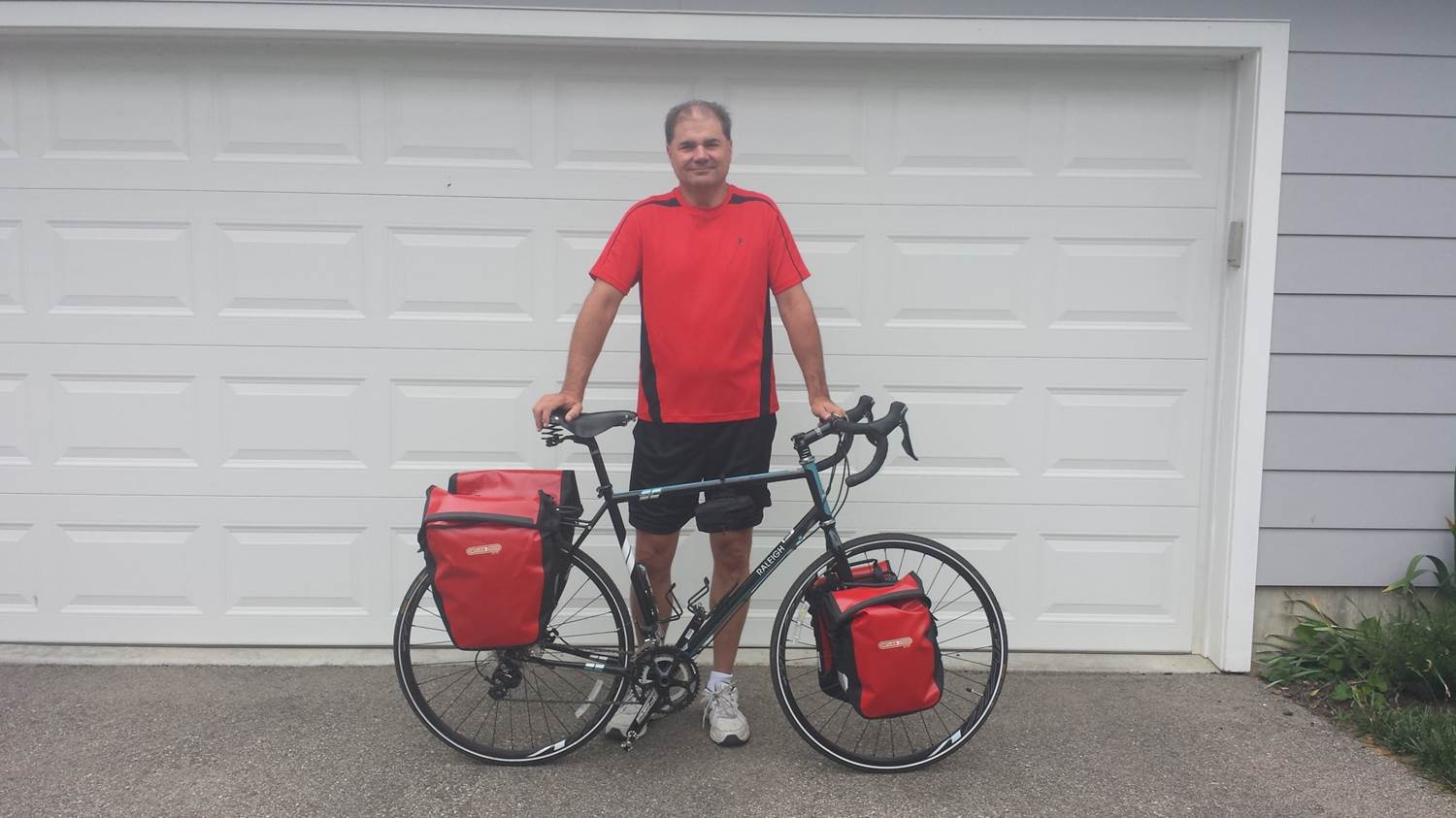By Dr. Robin Arthur, Chief of Psychology, Lindner Center of HOPE
What are the top five stressors in your life right now? Write them down and set them aside.
So what is stress? Stress is a condition or feeling experienced when a person perceives that “demands exceed the personal and social resources the individual is able to mobilize.” Stress is also the “wear and tear” our bodies experience as we adjust to our continually changing environment. It has physical and emotional effects on us and can create positive or negative feelings.
The warning is that stress can cause severe health problems and, in extreme cases, can cause death.
Stress has a positive side as well. Stress can help compel us to action. Some of the early research on stress (conducted by Walter Cannon in 1932) established the existence of the well-known “fight-or-flight” response. These hormones help us to run faster and fight harder. They increase heart rate and blood pressure, delivering more oxygen and blood sugar to power important muscles. They increase sweating in an effort to cool these muscles, and help them stay efficient. They divert blood away from the skin to the core of our bodies, reducing blood loss if we are damaged. These hormones focus our attention on the threat, to the exclusion of everything else. All of this significantly improves our ability to survive life-threatening events.
Unfortunately, this mobilization of the body for survival also has negative consequences. In this state, we are excitable, anxious, jumpy and irritable – actually reducing our ability to work effectively with other people. The intense focus on survival in this state impairs judgment and self-control.
Since most situations benefit from a calm, rational, controlled, and socially sensitive approach, the fight-or-flight response needs to be controlled.
Additional negative sides of stress include a negative influence, resulting in feelings of distrust, rejection, anger, and depression. These feelings can lead to physical health problems such as headaches, upset stomach, rashes, insomnia, ulcers, high blood pressure, heart disease, and stroke. With the emergence of Psychoneuroimmunology in the 1980s, it was recognized that psychological factors (such as those seen in stress) can directly affect the immune system.
So how can we eliminate stress from our lives?
Actually, the goal should not be to eliminate stress but to learn how to manage it and use it to help us. What we need to do is find the optimal level of stress which will individually motivate but not overwhelm each of us.
How can we manage stress better?
Identifying unrelieved stress and being aware of its effect on our lives is not sufficient for reducing its harmful effects. Just as there are many sources of stress, there are many possibilities for its management. However, all require working toward change – changing the source of stress and/or changing reactions to it.
How do we proceed?
The skills fall into three main groups:
- Action-oriented skills: In which we seek to confront the problem causing the stress, often changing the environment or the situation;
- Emotionally-oriented skills: In which we do not have the power to change the situation, but we can manage stress by changing our interpretation of the situation and the way we feel about it;
- Acceptance-oriented skills: Where something has happened over which we have no power and no emotional control, and where our focus must be on surviving the stress.
- Become aware of stressors and emotional and physical reactions. Notice your distress. Don’t ignore it. Don’t gloss over your problems.
- Recognize what you can change. Look at your list of five stressors. What can be changed?
- Reduce the intensity of your emotional reactions to stress. The stress reaction is triggered by your perception of danger … physical danger and/or emotional danger. Are you viewing stressors in exaggerated terms?
- Learn to moderate your physical reactions to stress. Learn to relax and breathe deeply and slowly.
- Build your physical reserves. Exercise; eat well; avoid nicotine, excessive caffeine and other stimulants; mix leisure with work; and get enough sleep.
- Maintain your emotional reserves. Develop mutually supportive relationships; pursue realistic goals; expect some frustrations, failures and sorrows; and always be kind and gentle with yourself.
Stress Management Skills. Remaining calm and effective in high pressure situations.
- Deep Breathing. Take a number of deep breaths and relax your body further with each breath.
- Progressive Muscular Relaxation. Tense up a group of muscles so that they are as tightly contracted as possible. Hold them in a state of extreme tension for a few seconds. Then, relax the muscles normally.
- Imagery in Relaxation. Imagine a scene, place or event that is safe, peaceful, restful, beautiful and happy. Use the imagined place as a retreat from stress and pressure.
- Imagery in Preparation and Rehearsal. You can also use imagery in rehearsal before a big event, allowing you to run through the event in your mind.
- Volunteer for Others. The endorphins released when we do something nice for others are amazing.
- Give a gift to yourself.
- Listen to your deepest needs.
- Set a time every day that is protected time to self-nurture. Set a monthly splurge.
- Write yourself a letter, giving yourself permission to self-nurture.
Therapy
Sometimes, even with the best effort, you cannot relieve your stress alone. I highly recommend seeking a consultation with a mental health professional to help with stress management. You may only need a few sessions with an unbiased third party to help you get to the root of the issues. Early intervention is essential and will produce better long term results.
